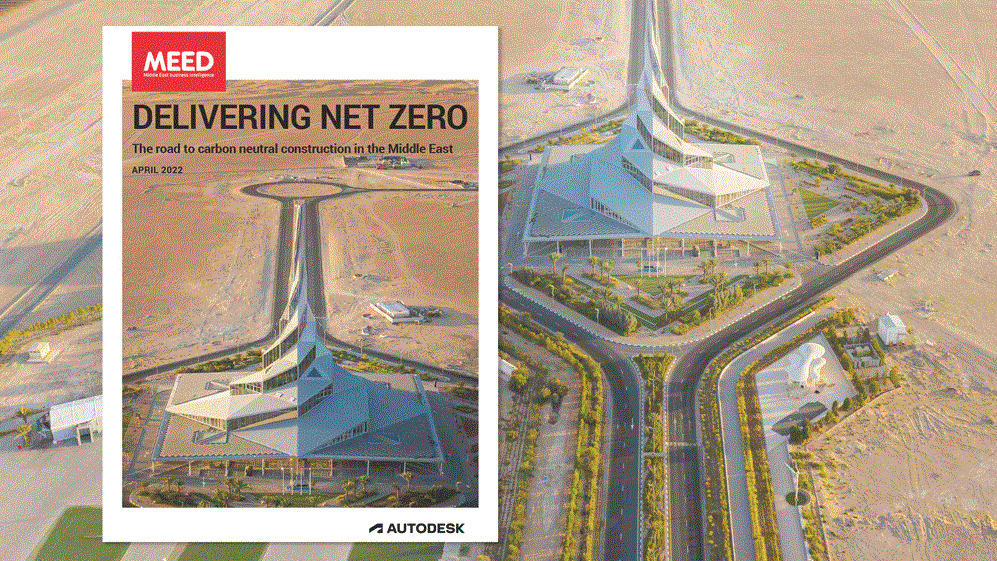

Download the report 'Delivering net zero'
Sustainable development cannot be achieved without transforming the way we build and manage our urban spaces.
According to the United Nations Development Programme (UNDP), the world’s urban population is expected to reach 6.5 billion by 2050, and although cities occupy just 3 per cent of the earth’s land area, they account for 60-80 per cent of energy consumption and at least 70 per cent of carbon dioxide emissions.
Countries such as Saudi Arabia, the UAE, Bahrain and Qatar have pledged to decarbonise their economies. A major step in this direction is the Dubai 2040 Urban Master Plan, which maps out a comprehensive plan for sustainable urban development in Dubai.
Saudi Arabia has created a National Transformation Project to integrate sustainable development goals into its Vision 2030 national planning process. Qatar is also undergoing a massive change for the upcoming FIFA 2022 World Cup and ensuring the stadiums are being built in an energy-efficient manner.
In addition to these initiatives, the next two instalments of the UN climate change conference – Cop 27 and Cop 28 – will take place in Egypt in November 2022 and in the UAE in November 2023, reiterating this region’s commitment to decarbonisation and sustainable development.
According to the UNDP, making energy greener could increase global GDP by $98tn by 2050. Embracing a circular economy where used goods are re-used, recycled and upcycled at greater value has the potential to create six million jobs.
Technology and innovation play a key role in a country’s economic progress and in ensuring sustainable development. Additionally, new technologies are transforming the design and construction process and helping to reduce waste and mitigate environmental impact.
Building information modelling (BIM) is a relatively recent technology within the construction industry that, when properly introduced, can result in more efficient design practices.
As an example, the energy analysis performed with BIM-based simulations can provide design alternatives ahead of the final execution, which makes the building energy-efficient and saves both time and money.
It also ensures faster and more predictable time to market with lower costs and lower impact on the environment. In order to make the most of these new technologies, companies must invest in reskilling and upskilling their workforce.
In an exclusive report from MEED and Autodesk, experts emphasise the clear urgency for regional firms to prioritise environmental sustainability within their business strategy and rethink traditional approaches to derive better outcomes from value-driven data analytics.
Stakeholders in both public and private sector must work together to accelerate the pace of change and leverage technology solutions at scale.
You might also like...

Iran launches regional attacks after US and Israel strikes start
28 February 2026

Kuwait receives bids for $400m Subiya utilities plant works
27 February 2026

A partner’s perspective on working with Sharakat
27 February 2026

Egypt’s Obelisk equity move merits attention
27 February 2026
A MEED Subscription...
Subscribe or upgrade your current MEED.com package to support your strategic planning with the MENA region’s best source of business information. Proceed to our online shop below to find out more about the features in each package.
Take advantage of our introductory offers below for new subscribers and purchase your access today! If you are an existing client, please reach out to your account manager.








